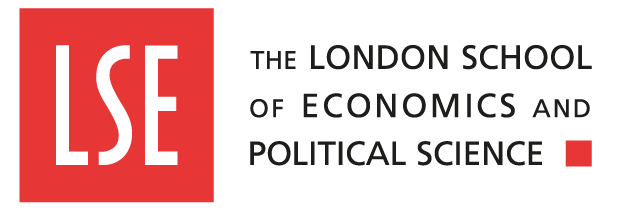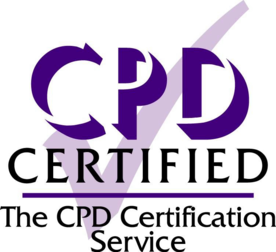

Engineer lasting change. Gain the tools to drive countries, governments, and organisations towards a more equal future.

6 weeks,
excluding orientation

6–8 hours per week,
self-paced learning online

Weekly modules,
flexible learning
1
A cross-disciplinary approach to driving development changes through economic growth, policy formulation, and civil society.
2
A functional toolkit that informs your decisions on policies, programmes, and projects in emerging countries.
3
Insight into the opportunities rising economies present for your organisation bolstered by a deeper understanding of the changing nature of emerging markets.
4
Access to expert insights from LSE’s Department of International Development and the opportunity to network with diverse professionals from around the world.

This Economic and Political Development in Developing Countries online certificate course is certified by the United Kingdom CPD Certification Service, and may be applicable to individuals who are members of, or are associated with, UK-based professional bodies. The course has an estimated 50 hours of learning.
Note: should you wish to claim CPD activity, the onus is on you. The London School of Economics and Political Science (LSE) and GetSmarter accept no responsibility, and cannot be held responsible, for the claiming or validation of hours or points.
Over the duration of this online certificate course, you’ll work through the following modules:
MODULE 1 Development, underdevelopment, and the international community
Explore why some countries are more developed than others, and the role international aid plays in supporting development.
MODULE 2 Consolidating democratic transitions in formerly authoritarian states
Learn about the importance of democratic institutions in driving development.
MODULE 3 The interplay of states and markets in the development process
Examine the role of industrial and trade policy to promote economic growth and development.
MODULE 4 Understanding firms, in theory and practice, in developing countries
Explore the role of firms in developing countries.
MODULE 5 The role of community-based and informal organisations in developing countries
Examine the contribution of civil society organisations in developing countries and how they interact with formal state structures.
MODULE 6 Understanding the causes of underdevelopment
Learn why some countries are underdeveloped, and explore the actions that can be taken to overcome barriers to development.
Please note that module titles and their contents are subject to change during course development.
Dr Mahvish Shami
Programme Co-Director of Development Management, Department of International Development, LSE
Mahvish has been a visiting research fellow at the Johns Hopkins University School of Advanced International Studies, and worked as an external consultant for the World Bank. After completing her PhD, she spent a year doing post-doctoral research at the Institute of Food and Resource Economics at Copenhagen University. Her research interests focus on the impact of unequal power relations – particularly clientelism – on the welfare of the poor. Her current research builds on her doctoral thesis by exploring the types of collective action projects that the poor undertake in villages with varying levels of connectivity.
Dr Jean-Paul Faguet
Professor of the Political Economy of Development and Programme Co-Director of Development Management, Department of International Development, LSE
Jean-Paul works at the frontier between economics and political science, using quantitative and qualitative methods to investigate the institutions and organisational forms that underpin development transformations. He is also the chair of the Decentralisation Task Force at Columbia University’s Initiative for Policy Dialogue. He has published in economics, political science, and development literature. Published books include Is Decentralisation Good for Development? Perspectives from Academics and Policymakers and Governance from Below: Decentralisation and Popular Democracy in Bolivia, which won the WJM Mackenzie Prize for best political science book of 2012. Jean-Paul’s current work focuses on historical institutions, inequality, and long-term, divergent development outcomes in Colombia and Latin America. He is trained in both politics and economics at Princeton University, Harvard University, and LSE, where his dissertation won him the William Robson Memorial Prize.
“LSE's approach to development management is unique in the world. For 25 years, we've been pushing the frontiers of analysing development transitions through institutional and organisational transformation. We’re now excited to offer this course in a broader, more accessible format to future change agents all over the world.”
Dr Jean-Paul Faguet
Course Co-Convenor
This LSE online certificate course is delivered in collaboration with online education provider GetSmarter, part of edX. Join a growing community of global professionals and benefit from the opportunity to:

Gain verifiable and relevant competencies and earn invaluable recognition from a world-leading social science university, entirely online and in your own time.

Enjoy a personalised, people-mediated online learning experience created to make you feel supported at every step.

Experience a flexible but structured approach to online education as you plan your learning around your life to meet weekly milestones.